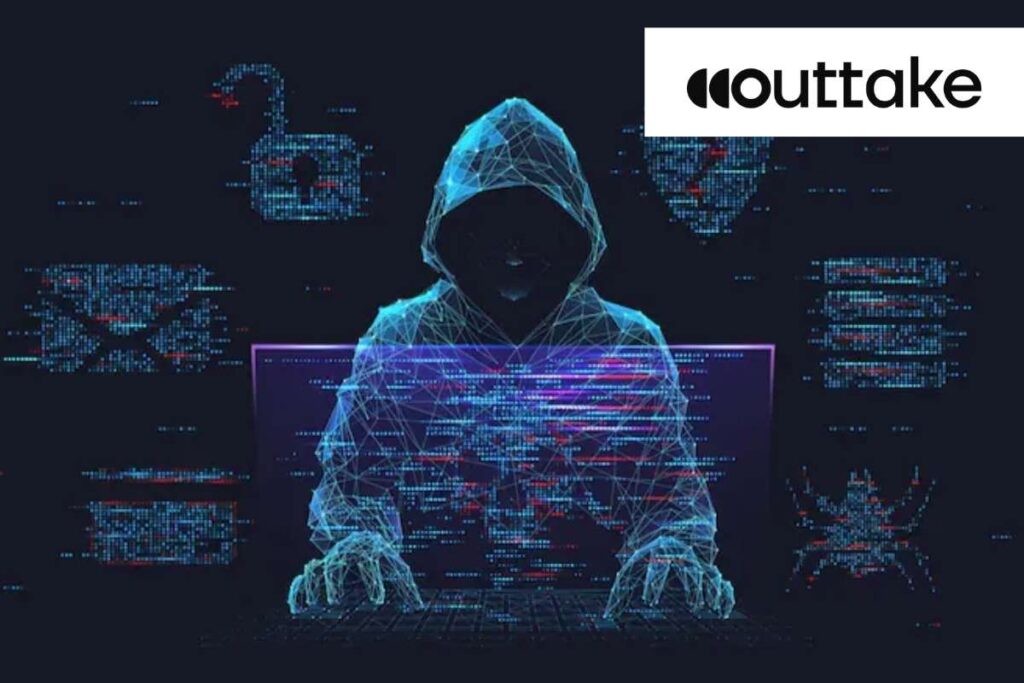Addressing Escalating Cyber Threats in U.S. Healthcare
WASHINGTON, D.C. — The U.S. Department of Health and Human Services (HHS) has announced a landmark proposal aimed at strengthening cybersecurity across the nation’s U.S. Healthcare sector. In a recent release, HHS, through its Office for Civil Rights (OCR), unveiled a proposed update to the Health Insurance Portability and Accountability Act (HIPAA) Security Rule. This initiative seeks to protect sensitive patient data from increasingly sophisticated cyber threats, including ransomware and hacking, which have disrupted critical care services and endangered patient safety.
Deputy Secretary Andrea Palm emphasized the urgency of the proposal, stating, “The increasing frequency and sophistication of cyberattacks in the healthcare sector pose a direct and significant threat to patient safety.” She highlighted how these breaches erode trust, delay life-saving procedures, and create life-threatening risks. The proposed rule introduces requirements for healthcare entities, from providers and health plans to their business associates, to overhaul their digital security practices and implement modern safeguards against evolving threats.
Modernizing Cybersecurity Standards
The urgency of this proposal is underscored by alarming statistics. Between 2018 and 2023, reported large data breaches in healthcare increased by 102%, with over 167 million individuals affected in 2023 alone—a grim record for the industry. OCR Director Melanie Fontes Rainer stressed the severity of the situation, citing the catastrophic Change Healthcare breach, which remains the largest in U.S. healthcare history.
To combat these challenges, the proposed rule outlines proactive measures, including mandatory alignment with industry-recognized cybersecurity guidelines like the HHS Cybersecurity Performance Goals. These measures aim to safeguard electronic protected health information (ePHI) and create a more resilient healthcare system. Healthcare organizations will be required to regularly review, test, and update their cybersecurity policies to keep pace with emerging threats. By modernizing the HIPAA Security Rule, HHS aims to establish a robust defense against data breaches that jeopardize patient safety and disrupt essential medical services.
Rebuilding Trust and Ensuring Patient Safety
The consequences of cyberattacks in healthcare extend far beyond privacy violations, often delaying medical procedures and forcing hospitals to divert patients. The proposed rule aims to address these vulnerabilities by setting clear expectations for safeguarding ePHI. Unlike the current HIPAA protocols, which have been criticized for being outdated, the new rule provides specific guidelines to mitigate recurring weaknesses identified during OCR investigations.
Key provisions include adopting modern cybersecurity methodologies tailored to the unique challenges of the healthcare environment. These measures not only enhance data protection but also reinforce trust in a system that patients depend on during their most vulnerable moments. For providers, insurers, and business associates, the message is clear: prioritize cybersecurity or face the consequences of noncompliance under federal regulations.
A Call to Action for a Safer Future
While the proposed rule is open for public comment over the next 90 days, HHS’s directive signals an urgent call to action. U.S. Healthcare organizations are encouraged to reassess their digital defenses and prepare for the inevitable finalization of the rule. This initiative is more than a regulatory update; it’s a lifeline for a sector under siege.
By fortifying digital safeguards, the healthcare industry can protect lives both on and off the operating table, ensuring that patient data and care remain secure. The proposed measures challenge the sector to invest in resilience, highlighting that failure to act is no longer an option. If implemented, this cybersecurity mandate could reshape the future of healthcare, offering greater peace of mind to patients and setting a new standard for protecting sensitive medical information.






